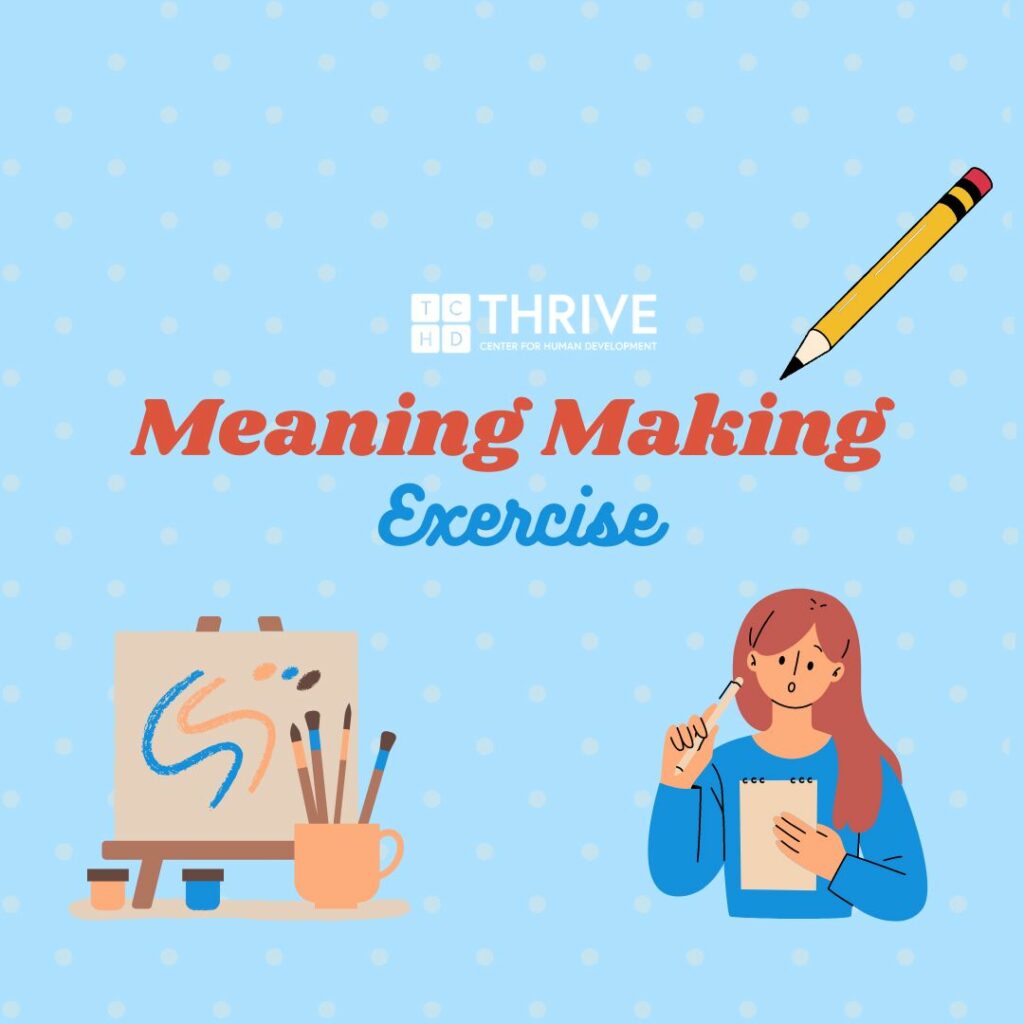A couple of weeks ago, I spoke to a group of women about finding meaning and joy in their lives. Who doesn’t want a joyful life? I’ve spent hours researching joy, and have come to understand joy as a virtue – one that can be practiced and cultivated. We experience joy in moments of great meaning, and we can develop it by considering our deepest passions, our relationships, and our beliefs. During my talk, I asked the question, “When did you last experience a truly joyful moment?” Their answers included things like, “during a long walk with my girlfriends,” “going to Disneyland with lifelong friends,” “when I watched my son’s college tennis match,” and “after finishing an important project.” Then I asked them to think back to when they were children and to consider the same question. The answers included “making mud pies and decorating them with flowers,” “dancing,” “listening to music,” and “swimming in the ocean.”
Common themes of joy included connection, synchronicity, time with loved ones, creativity, beauty, movement, nature, laughter.
After my talk, a young woman approached me. She said that she came to hear me speak because she was intrigued by the idea of finding more joy in her life. She said that she worked long hours from home pursuing what she called “dopamine hits” from delivering her work to her clients. She told me she likes what she does and that she gets lost in it. She paused and said, “It affects my relationship with my husband.” She said she wanted more balance. I offered her the idea that where we focus our attention, our lives seem to follow. I left that conversation thinking about balance. Does searching for balance help us to feel more joyful? Or does it just leave us spread too thin? If we pursue “joy,” where does that leave work and ambition? Don’t we get meaning from those things, too?
We know from neuroscience research that our brains are very adaptable, and our attention can habituate patterns of behavior. If you want to find more success, focus on the things that might bring you success. If you want more love, focus on love. If you want more balance, focus on balance. Of course, it’s not as simple as that. It isn’t always clear how to identify the things that bring us happiness or love. It isn’t always clear how to identify what brings more joy, meaning, and balance into our lives. I know from my research that joy and meaning are linked, and finding balance and true joy might require navigating our lives around what is meaningful to us.
In finding balance, we need to constantly attend to meaning. If we are working 18 hours a day, but it is actually our relationships that bring connection and meaning, we will find ourselves out of balance. How do we discover and hold on to what is both personally and existentially meaningful? Christian faith offers beliefs, communities, and rituals for discovering and engaging in what is meaningful. Christianity provides ideas about ultimacy and explanations of what it means to live a good life. However, even in community, it’s difficult to consistently live into our sources of meaning. Economic realities and emotional factors drive decisions. We often fall short. Moreover, if we are living into what is meaningful, does it follow that we need to forgo earthly pleasures or individual happiness?
Along these lines, during the same gathering, a woman asked me a question about her deepest sources of joy – her children. She wondered if her almost exclusive focus on her children as her source of joy contributed to a deep sense of questioning how to find her joy in the present. She wondered how to rediscover the joyful girl of her childhood. When in the process of raising children, we often put our own passions and talents on the back burner. Sometimes we lose ourselves to the demands of the daily grind. Finding joy and meaning doesn’t require us to sacrifice our deepest passions and talents.
Rather joy invites us to wrestle with our personal proclivities and weave our strengths, passions, values, and beliefs into a pursuable purpose. Meaning requires a reckoning with a personal, communal, and sacred understanding of a life worth living.
Understanding the story of what you believe, that “your life and contributions matter to others and yourself, …that your life makes sense”(1) is an important aspect of thriving. Viktor Frankl believed that “we find beauty and meaning in life through our experiences.”(1) We can find meaning in so many ways, including spending time in prayer, journaling, reading sacred texts, listening to music, walking in nature, spending time with the people we love, art, and through purposeful actions. These spiritual practices serve to guide us.
In my own experience, attending to my spiritual life makes all else meaningful, but still balance isn’t easy. Living at the intersection of my own sources of joy, the needs of my family and relationships, and my beliefs about what God wants for me requires a ton of intention. There are seasons in life when I have had to sacrifice my own desires because my children needed me. There have been seasons when I’ve sacrificed sleep (and maybe my health) because I believed I was doing something purposeful to help others. Balance isn’t an end point–we don’t get to a point of balance and stay there. Just as one calibrates a scale so that it can effectively balance, meaning helps us calibrate and balance to adjust to life’s demands. The psychologist, Susan David reminds us that, “Discomfort is the price of admission to a meaningful life…you don’t get to have a meaningful career or raise a family or leave the world a better place without stress and discomfort.” (2) A practical way to calibrate and find balance while pursuing meaning and joy is to cultivate agility, but this process requires regular attention and realignment. We don’t get to relax into habituated practices and ideas, but must constantly assess where we are in a particular season of life.
About that question of balance – it is found through weaving our personal joys into God’s purposes. As you move through your week, may you be captivated by God’s love, renew a sense of meaning, and gain glimpses of how your joy is your unique way of living out God’s love in the ongoing gospel story.
1. Frankl, V. E. (1985). Man’s Search for Meaning. Simon and Schuster.
2. @susandavid_phd
Next Steps
If you are struggling with finding meaning and joy, we suggest you reach out to a trusted friend, pastor, or counselor. Fuller Psychological and Family Services provides counseling services.
Explore deeper reading on Pam’s thoughts on joy and meaning-making.

Explore your sources of meaning with this free resource.
Continue Exploring

Meaning
Meaning-Making (Part 1): The Power of a Meaning-Making Mindset
The practice of meaning-making involves exploring our belief systems, especially our beliefs around spirituality, which offer a distinct and powerful role in making meaning.

Meaning
Meaning Making (Part 2): What Does Spirituality Have to do with Meaning-Making?
In order to assign meaning we must believe in a bigger picture.

Christian
Finding Joy in Silence
The spiritual practice of engaging silence might actually change your life. Guest blogger, Laura Murray, explains how.
